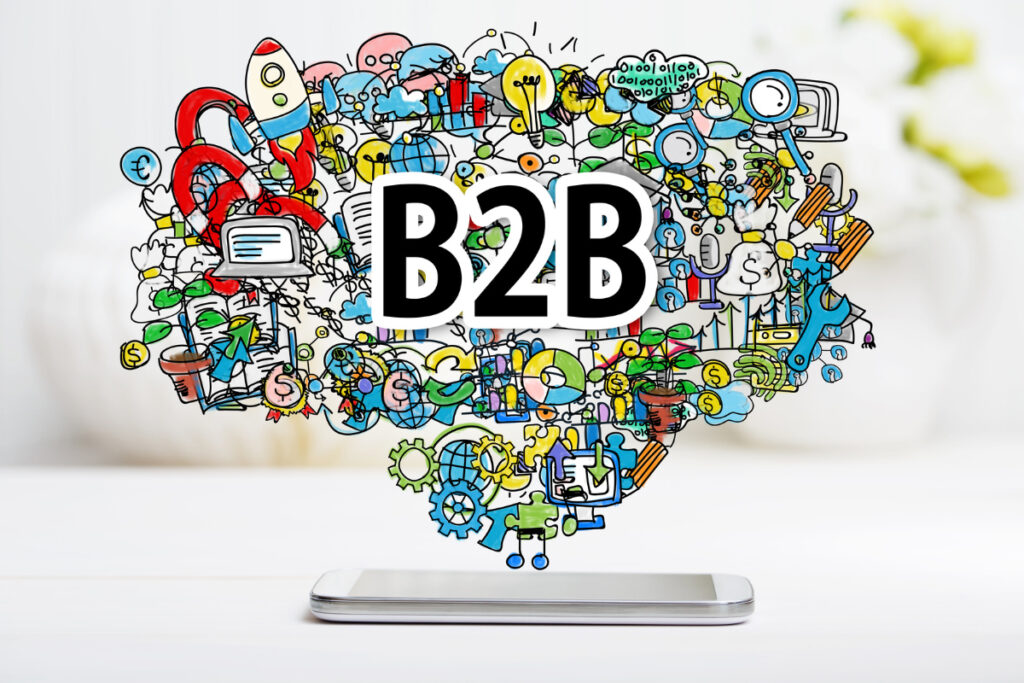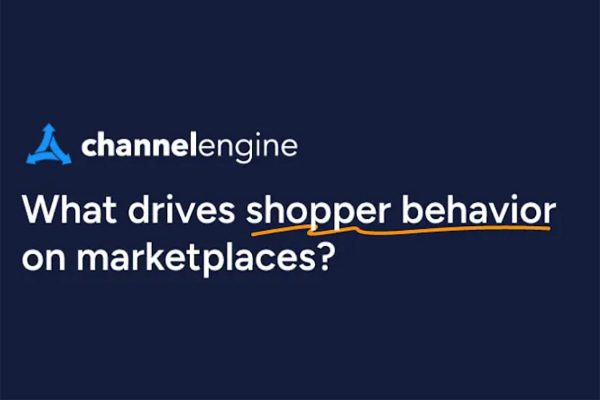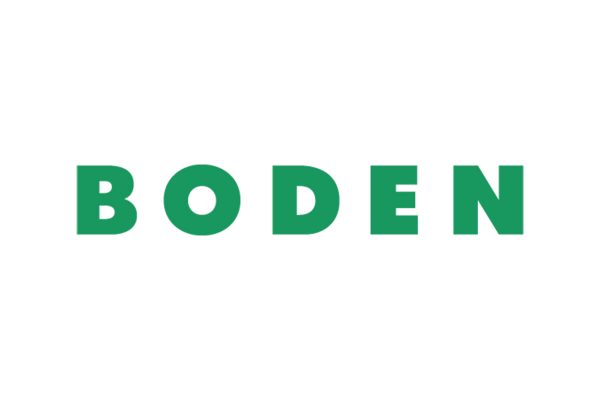Global B2B eCommerce sales are projected to reach $7 Trillion by 2020, according to Frost & Sullivan.
That’s $7,000,0,00000,000 (and that’s a lot of zeros.)
By investing in and optimising the way buyers purchase directly from their websites and offering more and more services around the sale, large B2B retailers today convince their customers to source supplies through the Web alongside, or instead of, the traditional channels (catalogue, phone, branches, or sales forces on the ground). It’s no wonder that Forrester Research’s Andy Hoar wrote the April 12, 2015 report Death of a (B2B) Salesman, and noted that “1 million US B2B salespeople will lose their jobs to self-service eCommerce by the year 2020.”
This shift began with the giants Amazon and Alibaba, and has changed the fundamental way B2B eCommerce operates.
What’s driving this explosion in growth?
According to Archana Vidyashankar, senior research analyst for Frost & Sullivan’s Visionary Research Group, the main driver for the growth of B2B eCommerce is the marketplace model – bringing together large numbers of buyers and vendors onto one platform.
Here are five reasons B2B companies should extend eCommerce efforts with their own Marketplace:
-
Impressive growth forecasts
-
Shifting B2B buying habits
-
Amazon has changed customer expectations
-
Fastest way to build customer value
-
Risk-free product assortment expansion
Impressive growth forecasts
In addition to this $7 Trillion global forecast by Frost & Sullivan, Forrester Research estimates that B2B eCommerce will exceed $1 Trillion by 2020 in the US market alone.
The firm also found B2B eCommerce sales in the US in 2015 to total $780 Billion, more than double those of B2C eCommerce, which “only” reached $305 Billion.
B2B eCommerce will grow strongest in manufactured goods, such as spare parts in the automotive and aerospace industries, professional and consumer electronics, industrial machinery, and office supplies and equipment. This represents a huge market opportunity.
Shifting B2B buying habits
B2B buyers now conduct research and purchasing online, changing the dynamics of how B2B commerce works. Nearly 50% of companies with an Internet storefront estimated that more than half their client portfolio would fully or partly migrate to the Web channel over the next three years.
Today, 80% of B2B buyers expect the same level of convenience as received on B2C sites (according to Accenture.) B2C sites tend to offer a broad array of products (in line with the brand of the site owner), fair prices, and convenience – if buyers cannot find what they are looking for on one site, they can easily and quickly switch to another.
The keys to acquiring and retaining professional customers are the same as the benefits offered by a Marketplace:
- compelling breadth of product and service choices
- fair and competitive pricing
- high quality of service
(All without incurring overhead like inventory and human resource costs that cut into profitability and slow time to market.)
Amazon has changed customer expectations
Given the changes in B2B buying behavior, distributors must optimize the online buying experience by following best practices of B2C. Amazon is the reference model for all B2B players investing in the eCommerce channel, so much so that companies aspire to recreate the “Amazon experience” on their own websites (according to a study conducted by SAP Hybris and Forrester.)
Doing so requires increasing the breadth of products offered while keeping Quality of Service (Qos) high. These are two essential levers (the other being price) of an effective strategy for acquiring and retaining professional customers. The Marketplace model is the only one that addresses all three levers. Amazon changed the game in B2C retail, and is having a fast impact in B2B, with Amazon Business doing over $1 Billion in its first year of operation.
Fastest way to build customer value
B2B Marketplaces are already proving their worth, today, by driving B2B eCommerce growth. They offer unprecedented customer access and liquidity. And, by aggregating thousands of vendors and buyers and automating transactions and quality control, a Marketplace platform allows unparalleled breadth of choice for buyers, a dramatic increase in audience and sales channels for vendors, and a reduction in the cost of doing business for both parties.
While effective natural SEO was once largely enough to secure website traffic, it is now increasingly difficult for small e-tailers to come out on top of the search results. The same goes for paid listings – the areas reserved for sponsored links are hyper competitive and make less of an impact than in years past. Marketplaces are an additional and indispensable channel for expanding one’s market and selling fast.
Risk-free assortment expansion
Today’s sellers need a more agile way of doing business. The Marketplace model is the best method for risk-free product assortment expansion, by reaching out to the extended community of sellers that bring flexibility and agility to the eCommerce process. The Marketplace model takes traditional assortment expansions mechanisms like drop-shipping to new, more agile levels.
With the Marketplace model, vendors – even small businesses – can tap into an audience of buyers that was previously inaccessible. Buyers also win, gaining access to an extremely wide range of supplier catalogues and products, with a customer experience that rivals B2C standards.









